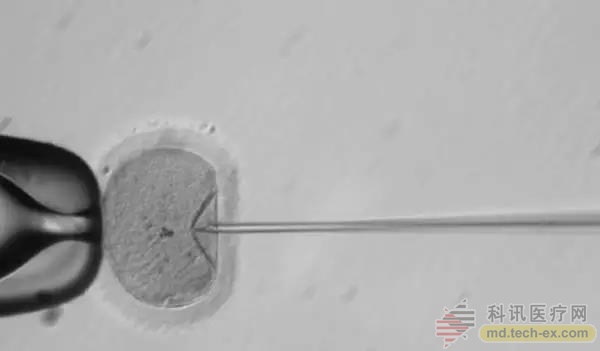Release date: 2017-08-01
Recently, researchers at Oregon Health and Science University announced that they have successfully used CRISPR gene editing technology to repair genetic defects in human embryos. This is the first attempt in the United States to genetically edit human embryos. Although these embryos repaired by gene editing techniques were only allowed to grow for a few days, and the researchers did not have any attempt to transplant them into the mother, this breakthrough study shows that CRISPR gene editing technology can be safely and effectively repaired. Genetic defects that lead to genetic diseases. 
Many genetic diseases, including cystic fibrosis, hemophilia, and beta-thalassemia, are caused by defects in specific genes. There is currently no effective treatment for many genetic diseases. Even if the treatment is effective, the patient may need to live with the therapy for a lifetime. For example, patients with hemophilia need regular injections of clotting factors throughout their lives. Gene therapy allows genetically ill patients to see the hope of curing their disease, or hemophilia. For example, many experimental gene therapies can produce long-lasting effects. Although these gene therapy for somatic cells can change the lives of genetic patients themselves, they do not prevent the next generation of patients from developing a genetic risk.
A major advantage of repairing genetic defects in human embryonic development by genetic editing techniques is that it can repair genetic defects in all embryonic cells, so that when the embryo grows up, the genes that are repaired in the body can be passed on to the offspring through sperm and eggs. . This treatment can be said once and for all.
However, there are many technical difficulties in the use of CRISPR gene editing technology to repair genetic defects in embryos. First, there may be a “off-target†effect in CRISPR gene editing technology, which means that gene editing occurs outside the designated site of the genome. This causes new gene mutations to be introduced into the genome. Second, published human embryonic gene editing studies have shown that genetic defects in all cells in the embryo are not repaired. This phenomenon, called mosaicism, may result in embryos that have been genetically engineered to still fail to grow healthily. 
Source: Health New Vision
Fresh Nectarine Delicious Fruit,Fresh Sweet Nectarine,Venus Nectarine,Nectarine Delicious And Sweet Peach
Laiwu Manhing Vegetables Fruits Corporation , https://www.manhingfood.com